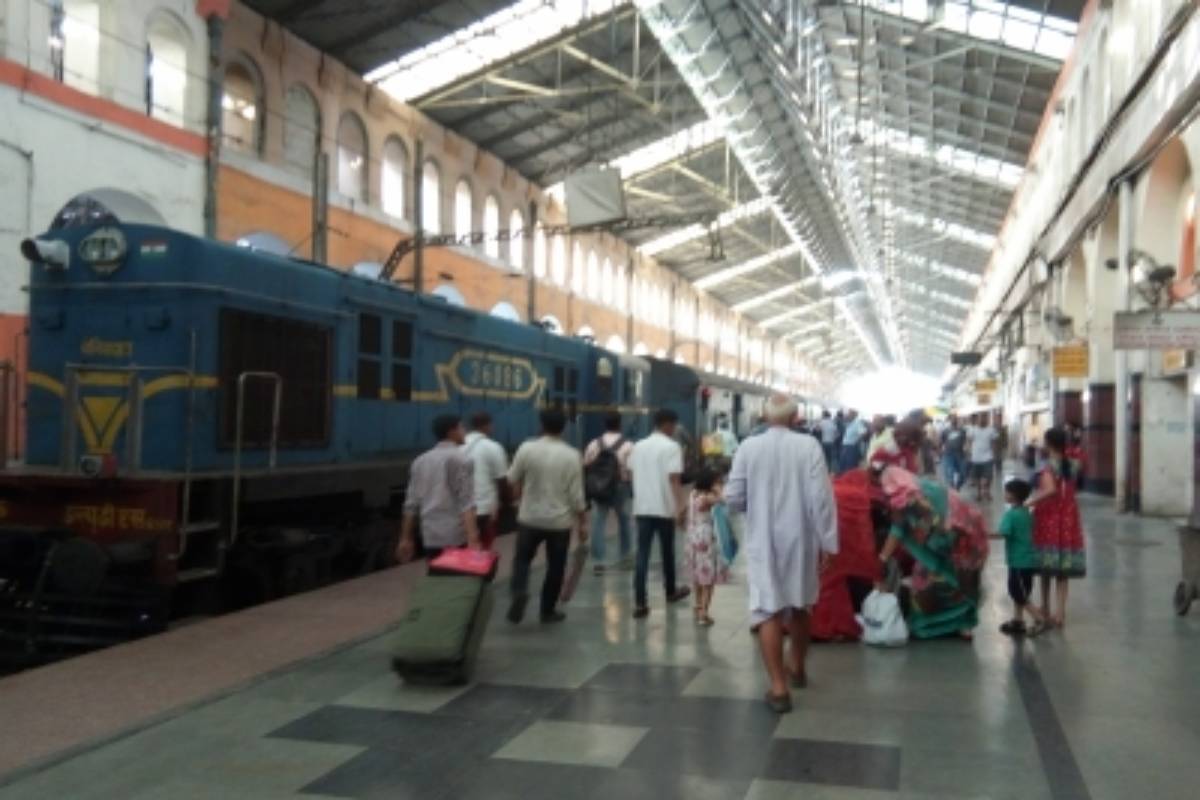LS polls: PM Modi to campaign in K’taka, Maharashtra today
Intensifying the campaign for the Lok Sabha elections, Prime Minister Narendra Modi will address four public meetings on Monday -- one in Karnataka and three in Maharashtra.
The multi-tracking proposals will ease operations and reduce congestion, providing the much-required infrastructural development on the busiest sections across Indian Railways.

Representation image [Photo : IANS]
The Cabinet Committee on Economic Affairs (CCEA) on Thursday, chaired by Prime Minister Narendra Modi, approved six projects of the Ministry of Railways with an estimated total cost of Rs 12,343 crore (approximately) with 100 per cent funding from the Central Government.
The multi-tracking proposals will ease operations and reduce congestion, providing the much-required infrastructural development on the busiest sections across Indian Railways.
The projects are in line with Prime Minister Modi’s vision of a New India which will make people of the region “Atmanirbhar” by way of comprehensive development in the area which will enhance their employment/ self-employment opportunities.
Advertisement
The six projects covering 18 districts in six states, Rajasthan, Assam, Telangana, Gujarat, Andhra Pradesh and Nagaland, will increase the existing network of Indian Railways by 1020 kms and will provide employment of about three crore man-days to the people of the states.
The projects are result of PM-Gati Shakti National Master Plan for multi-model connectivity which have been possible through integrated planning and will provide seamless connectivity for movement of people, goods and services.
These are essential routes for transportation of commodities such as food grains, food commodities, fertilizers, coal, cement, iron, steel, fly-ash, clinker, limestone, POL, container, etc.
The capacity augmentation works will result in additional freight traffic of magnitude 87 MTPA (Million Tonnes Per Annum).
The Railways being environment friendly and energy efficient mode of transportation will help both in achieving climate goals and minimising logistics cost of the country, reduce oil import and lower CO2 emissions.
Advertisement